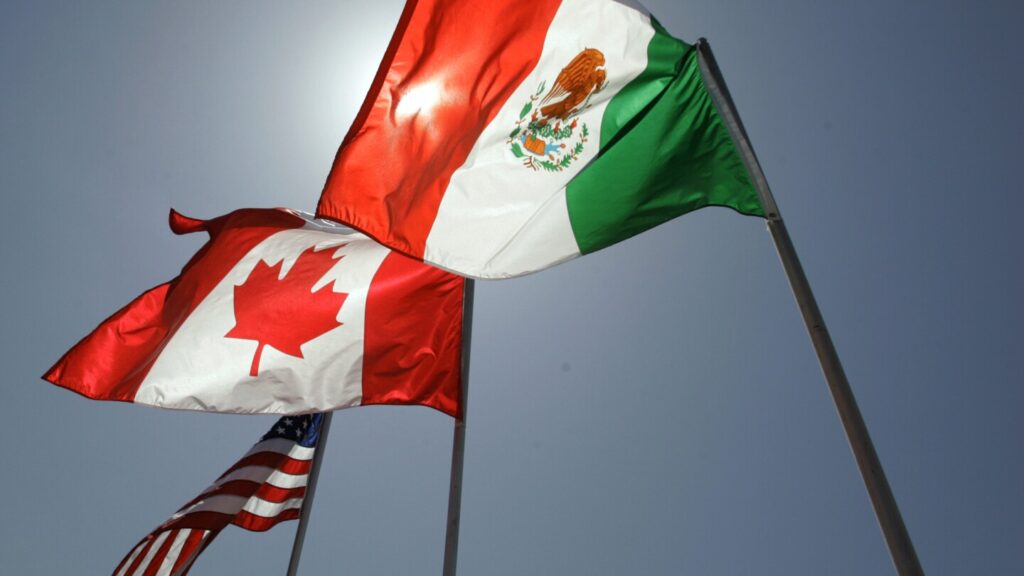President Donald Trump’s recent executive orders have set off a chain reaction in the global economy, disrupting his own anti-inflation efforts. The tariffs imposed on Canada, Mexico, and China, aiming to combat illegal immigration and the fentanyl trade, have sparked retaliatory taxes on U.S. imports. These actions could lead to over $1 trillion in tax increases over a decade, risking higher inflation, job losses, and slower growth.
The International Emergency Economic Powers Act of 1977 empowered Trump to declare an economic emergency and implement these tariffs. This law allows the president to freeze transactions in response to external threats. The tariffs on Canada, Mexico, and China, taking effect immediately, include additional charges ranging from 10% to 25%, with a focus on energy products to mitigate price hikes for consumers and businesses. Despite Trump’s assertion that foreigners pay these taxes, the burden ultimately falls on domestic entities.
The justification for these tariffs lies in combating illegal immigration and drug trafficking, though data suggests a decrease in unauthorized border crossings and limited fentanyl seizures. While the orders outline the potential for tariff escalation in response to countermeasures, the decision rests with the president. The exclusion of the “de minimus” treatment for imports from these countries removes the $800 threshold for tariff exemption.
Congress could halt these tariffs through new legislation, but Trump’s support seems unlikely. Oversight responsibilities remain with Congress, as periodic reports on the national emergency are mandated. The conditions for lifting the tariffs remain unspecified, leaving the decision at the president’s discretion following consultations among key government officials.

